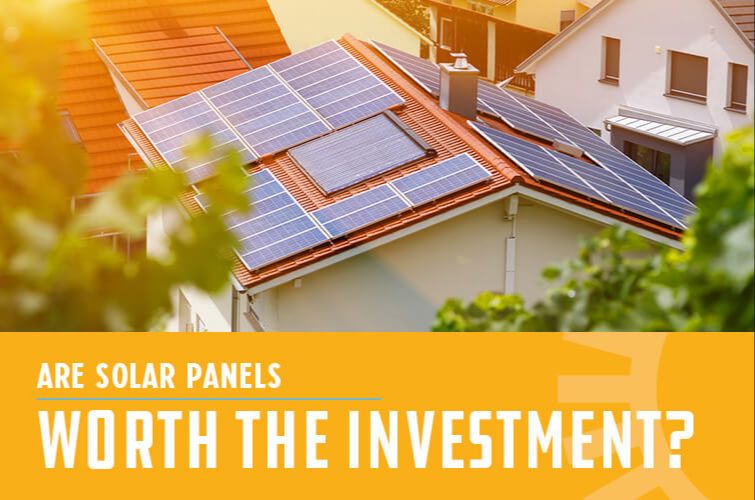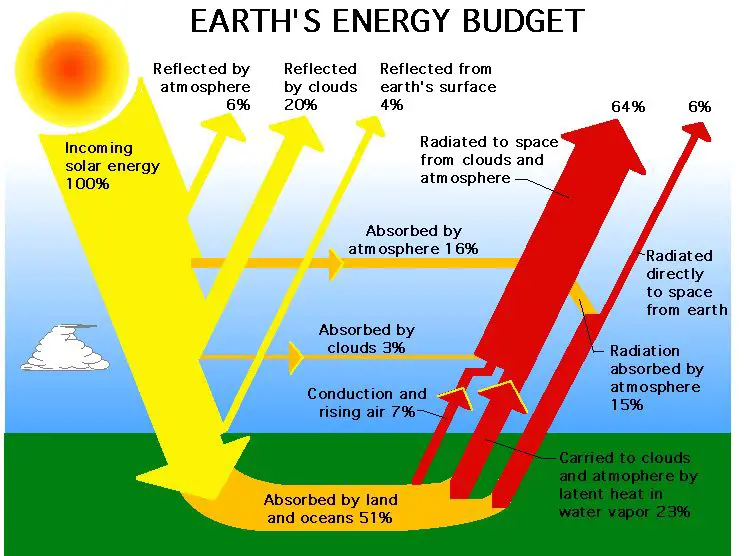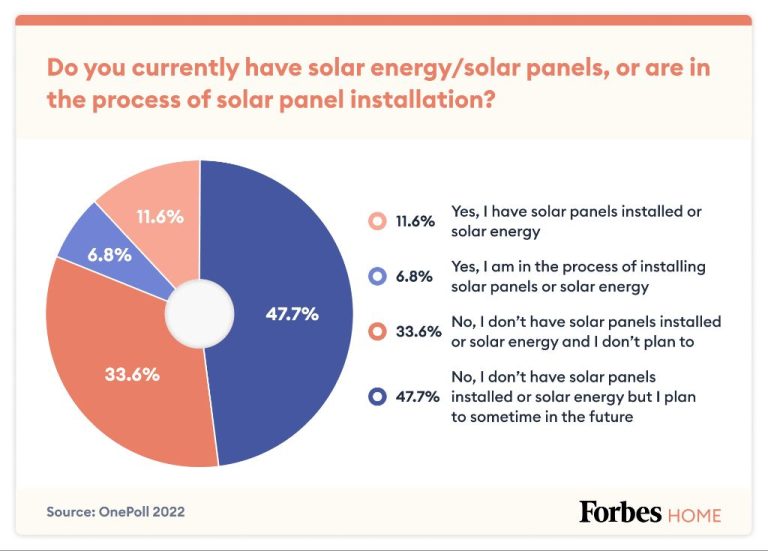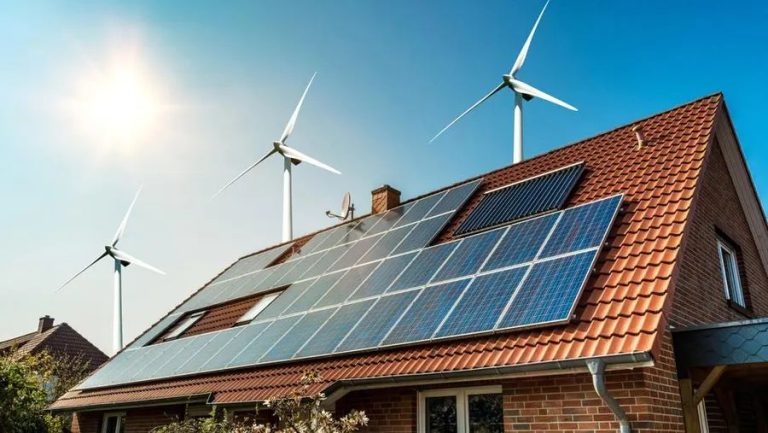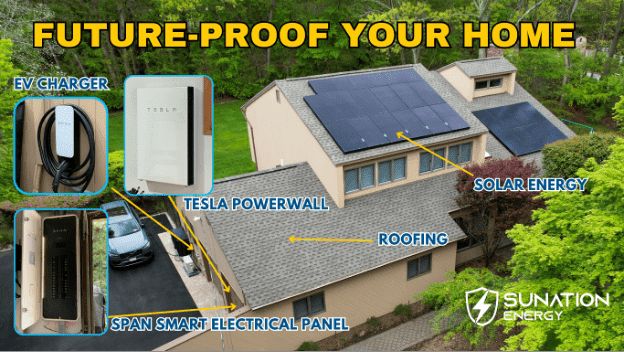Why Is Solar Energy Not Used In Nigeria?
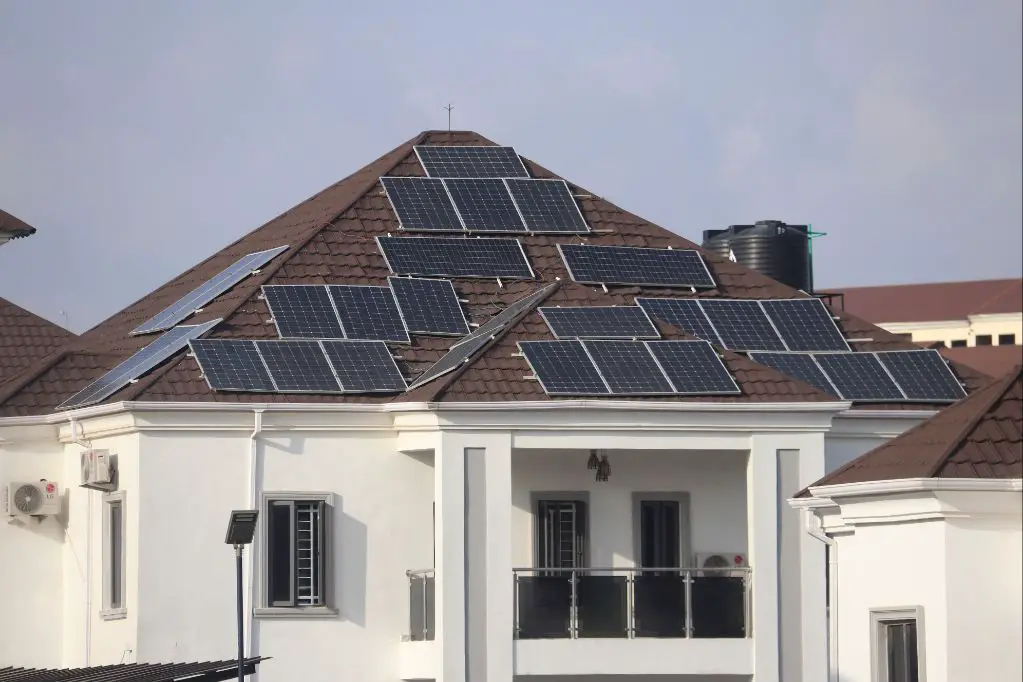
Nigeria is endowed with large reserves of energy resources such as crude oil, natural gas, coal, and renewable energy sources like solar, wind, biomass and hydropower. However, Nigeria faces energy poverty with only about 40% of the population connected to the grid and frequent power outages. Despite having abundant solar resources, with average solar radiation levels of about 19.8 MJ/m2/day, solar power contributes less than 1% of Nigeria’s total power mix.
Some key factors inhibiting widescale solar adoption in Nigeria include high upfront costs, lack of government incentives, low public awareness, challenges connecting to the weak national grid, difficulties securing financing, low electricity tariffs, and cultural resistance. This article will explore the barriers to greater utilization of solar power in Nigeria and provide an overview of Nigeria’s current energy situation.
High Upfront Costs
One of the major barriers to solar adoption in Nigeria is the high upfront costs of purchasing and installing solar systems. According to research from Cube, typical costs for a small 2.2kW solar system in Nigeria range from ₦800,000 – ₦1,500,000 ($1,900 – $3,600), while larger residential systems can cost ₦15 million ($36,000) or more (Cube). These costs put solar out of reach for many Nigerian households and businesses.
A big driver of the high costs is that most solar components like panels and batteries have to be imported. Import duties and other taxes can add 30-40% to costs according to industry experts (Cube). There is also a lack of local manufacturing and assembly to reduce costs.
Additionally, storage batteries represent a significant portion of the upfront expense. Quality batteries are necessary to store solar energy for use when the sun isn’t shining. But batteries produced by global brands like Tesla can be very expensive for the Nigerian market.
Lack of Government Support
One major reason for the slow adoption of solar energy in Nigeria is the lack of government incentives and policies to promote its use. The Nigerian government has historically provided substantial subsidies for fossil fuels like oil and gas, but has not offered comparable incentives for renewable energy sources like solar (SolarQuarter, 2023). There are currently no federal tax rebates, credits, or other monetary incentives for residential or commercial solar system installation in Nigeria.
In addition, Nigeria lacks a comprehensive national policy framework to facilitate solar energy development. The country finalized a renewable energy master plan in 2006 that aimed for solar to provide 1% of Nigeria’s energy capacity by 2025, but this modest goal has not been backed by legislation or action plans (SolarBuy, 2024). Enabling policies like feed-in tariffs, net metering, and renewable portfolio standards that have driven solar growth in other countries are absent in Nigeria.
Without strong government promotion and incentives, solar remains unattractive for most homeowners and businesses compared to cheaper (and highly subsidized) fossil fuel options. Creating a regulatory environment that supports solar power would significantly accelerate its uptake.
Low Public Awareness
One major reason for the slow adoption of solar energy in Nigeria is a lack of awareness among the general public about the benefits and viability of solar power. According to a 2019 study, while most Nigerians have a basic understanding of what solar energy is, the majority are unaware of the potential for solar to provide affordable, sustainable electricity in Nigeria (Source). There is limited knowledge about the cost savings and environmental advantages of switching to solar energy. Most Nigerians simply do not know enough about solar technology and have not been exposed to solar energy in a significant way.
Without seeing solar panels first-hand and understanding the positive impacts for themselves and their communities, many Nigerians remain skeptical or indifferent. There is a clear need for public outreach and education campaigns to raise awareness about solar energy. The government could partner with solar companies and nonprofits to showcase demonstration projects and install solar systems at schools and other public places. Hands-on experience combined with educational materials explaining solar power could go a long way toward getting Nigerians excited about the promise of solar energy.
Weak Grid Infrastructure
One major barrier to widespread solar adoption in Nigeria is the country’s weak and unreliable electricity grid infrastructure. Nigeria’s national grid suffers from limited transmission capacity, frequent power outages, and an inability to effectively distribute and manage electricity from both conventional and renewable sources.
Most solar systems feed excess power back into the grid through a process called net metering. However, Nigeria’s grid is unable to support net metering on a large scale. The transmission lines and distribution networks simply cannot handle substantial electricity inflows from distributed solar installations across the country. Grid instability and fluctuations also make it difficult to integrate intermittent solar power.
Upgrading Nigeria’s national grid to support solar integration will require massive investments in transmission networks, smart meters, and distribution infrastructure. Without a stable grid and net metering capabilities, solar adoption will remain constrained as people cannot easily connect to the grid or be compensated for excess solar power they produce.
“Nigeria’s electricity grid infrastructure faces challenges such as limited transmission capacity, distribution losses, and inadequate grid integration systems to absorb solar power.” (https://cessummit.com/how-to-write-a-wind-power-business-plan-for-nigerians/)
Financing Difficulties
One major challenge for expanding solar energy adoption in Nigeria is the difficulty consumers face in obtaining financing to purchase and install solar panels. While costs have been falling, the upfront cost of purchasing a solar system remains high for many Nigerian households. However, most banks are reluctant to provide consumer loans for solar panels.
According to research by the Rocky Mountain Institute, the high upfront costs of solar systems present the biggest adoption barrier in Nigeria. But the lack of consumer financing options makes it hard for households to spread out these costs over time [1]. Currently, few banks provide solar loans and the interest rates are often prohibitive.
Without accessible financing options like loans, many Nigerian families simply cannot afford the upfront investment for solar panels and batteries. More availability of consumer solar loans at reasonable interest rates would expand access and enable more homeowners to realize the long-term savings from solar energy.
Low Electricity Prices
According to a 2017 study, one reason solar energy has not been widely adopted in Nigeria is that electricity from the grid is currently cheaper than electricity generated from solar panels (Okoye, 2017). Nigeria has abundant natural gas reserves, which are used to generate most of the country’s electricity at low cost. As a result, the price per kilowatt-hour charged by the grid is lower than the levelized cost per kilowatt-hour for solar photovoltaic systems in most parts of Nigeria (Okoye, 2017). This makes it difficult for solar to compete economically with conventional grid power. Unless solar panel costs fall significantly or grid electricity prices rise drastically, low grid electricity prices will likely continue hindering large-scale solar adoption in Nigeria.
Maintenance Issues
Solar energy systems require regular maintenance and care to operate efficiently over their lifetime of 20-25 years. However, there is a severe shortage of trained technicians to carry out this maintenance in Nigeria.
Most solar companies do not provide long-term maintenance contracts or training to local technicians. As a result, once a system breaks down there is often no one qualified or equipped to repair it. This can lead to solar projects failing prematurely.
To properly maintain solar systems, technicians need training in areas like panel cleaning, inverter servicing, battery replacement, and troubleshooting. But there are not enough technical training programs focused on solar in Nigeria.
The lack of maintenance expertise has made consumers wary of investing in solar, as they worry their system will break down without anyone to fix it. Addressing the maintenance issue is critical for building trust in solar energy in Nigeria.
More government and industry investment is needed in solar technician training programs. Partnerships with international solar companies could also help train local workers. With the proper technical skills, Nigeria’s youth could find meaningful careers maintaining the solar systems powering their country.
Cultural Resistance
There can be cultural resistance to adopting new technologies like solar in Nigeria. Many Nigerians are accustomed to using diesel or petrol generators for their electricity needs, and may be hesitant to switch to solar which is still seen as relatively new or unfamiliar. There is a preference among some segments of the population for the status quo of generator use rather than adopting solar technology.
As noted in this analysis, “The cultural affinity to petrol and diesel generators is also a hindrance. For decades, Nigerians have relied on generators for electricity. People are used to how generators work and may be resistant to changing to solar energy.” (Emerging Tech in Solar PV: Nigeria’s Adoption)
Efforts to promote solar adoption in Nigeria need to factor in cultural biases and work to increase familiarity and positive associations with solar technology. Demonstrating successful large and small-scale solar installations can help shift mindsets away from diesel/petrol generator reliance in favor of solar solutions.
Conclusion
In summary, Nigeria faces several key challenges in adopting solar power on a wide scale, including high upfront costs, lack of government support, low public awareness, weak grid infrastructure, difficulties securing financing, low electricity prices from fossil fuels, and maintenance issues. However, the future outlook for solar is more promising. As costs continue to fall globally and financing options expand, solar can become more affordable and accessible. Greater public education and advocacy efforts can build demand and political will. Upgrades to the grid and policies like feed-in tariffs can enable larger solar integration. If these challenges are properly addressed, Nigeria stands to benefit immensely from the job creation, energy access expansion, reduced emissions, and energy independence that solar offers. With the right strategies and concerted effort, Nigeria can harness its abundant solar resource and transition to a sustainable energy future powered by the sun.

